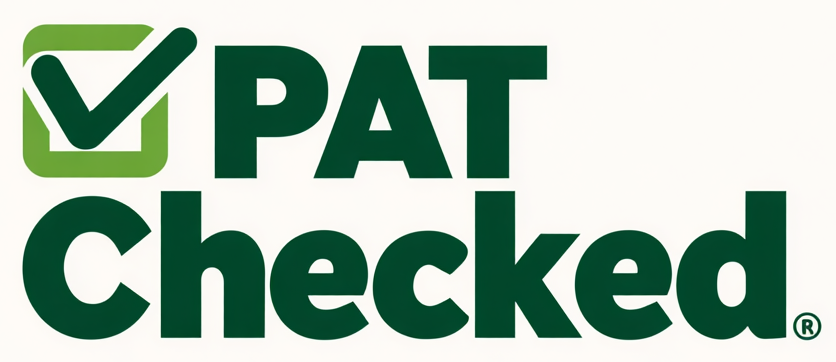Portable Appliance Testing (PAT) is a vital part of keeping your workplace, office, or rental property safe. But a common question arises: can you PAT test your own equipment, or should you always hire a professional?
The answer depends on competence, risk level, and the type of appliances you use. Let’s explore the pros and cons of self-testing.
Understanding Competence
UK law does not require PAT testing to be carried out by a qualified electrician. What the regulations demand is that it’s done by a “competent person.”
A competent person is someone who:
- Has received proper training on PAT testing
- Understands how to safely inspect and test electrical equipment
- Knows how to identify hazards and take action on faults
- Uses the right, calibrated equipment
Pros of PAT Testing Your Own Equipment
- Cost Savings – Doing PAT testing in-house can reduce the expense of hiring an external provider.
- Flexibility – You can test appliances at convenient times without waiting for a scheduled visit.
- Immediate Action – Faults can be addressed straight away, reducing downtime.
- Better Familiarity – You or your staff become more aware of the condition and usage of equipment.
Cons of PAT Testing Your Own Equipment
- Risk of Inaccuracy – Without proper training, you may miss faults or perform incorrect tests, putting users at risk.
- Legal Liability – If an accident occurs and the PAT testing was done incorrectly, you could be held responsible.
- Insurance Issues – Many insurers prefer or require evidence that testing was performed by a trained professional.
- Time-Consuming – Testing large numbers of appliances takes significant time, especially in offices or workplaces with many devices.
When Self-Testing May Be Suitable
Self-testing is often appropriate for:
- Small offices or home workplaces with a limited number of low-risk appliances
- Staff who have received proper PAT training
- Appliances that are low-risk, low-voltage, or infrequently used
For high-risk environments like construction sites, schools, or rental properties, hiring a professional PAT testing service is strongly recommended.
Best Practices if You Test Your Own Equipment
- Attend a recognised PAT testing training course
- Use a calibrated, professional PAT tester
- Label appliances clearly and keep detailed records of pass/fail results
- Retest appliances regularly and take immediate action on failures
Final Thoughts
Yes, you can PAT test your own equipment—but it comes with responsibilities. Competence, proper equipment, and accurate record-keeping are essential. For most businesses and high-risk environments, professional PAT testing offers peace of mind, compliance assurance, and reduces liability.
👉 Self-testing can work for small setups, but when in doubt, hiring a professional is the safest choice.
